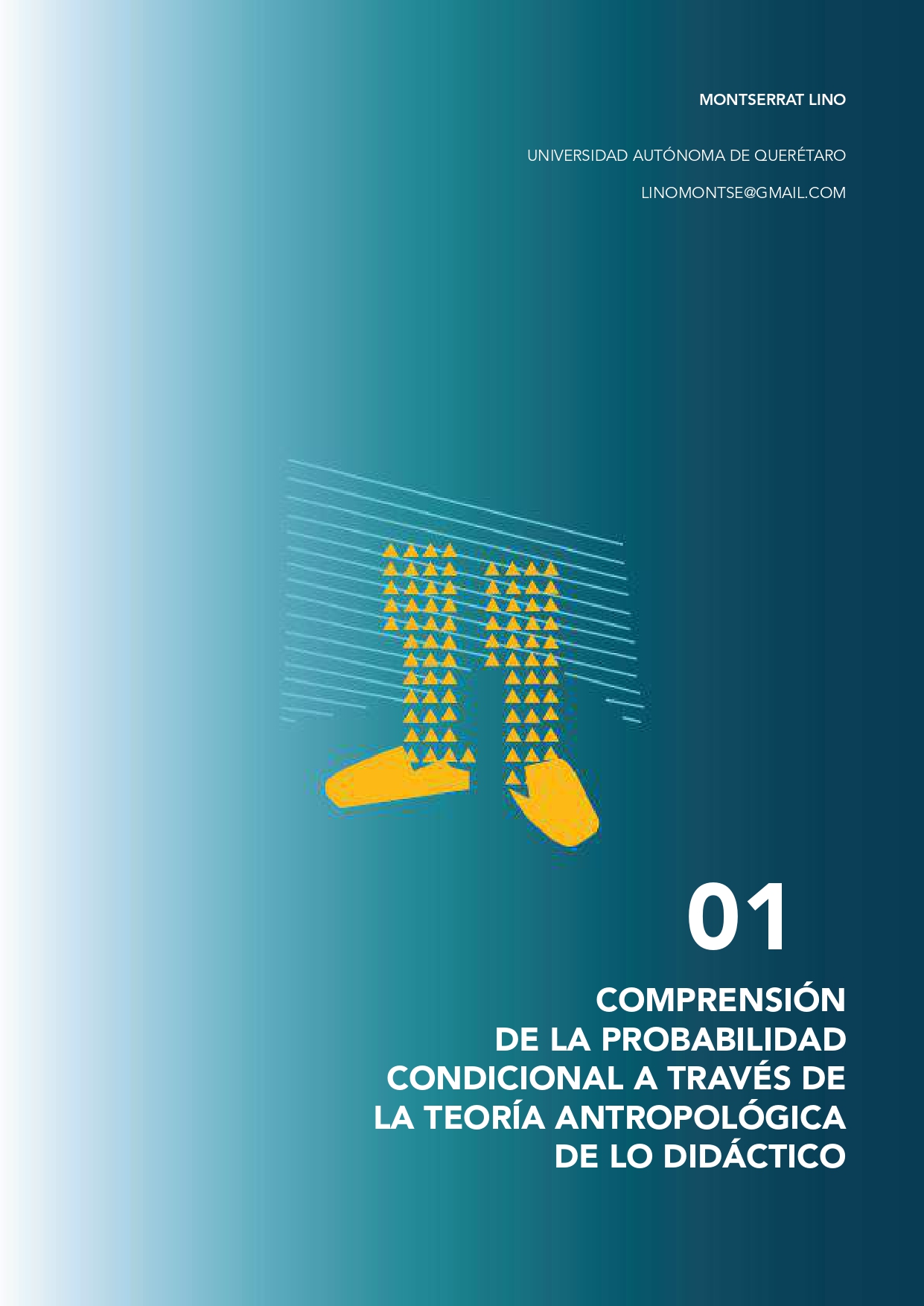Résumé
Parte de la problemática descrita en la literatura especializada en el proceso enseñanza-aprendizaje de la probabilidad condicional está relacionada principalmente con los sesgos y el contexto del problema. La investigación descrita en este artículo tiene un enfoque cualitativo y exploratorio bajo observación natural; la muestra será por conveniencia, se obtendrá de un aula de estudiantes universitarios de la facultad de ingeniería que cursen probabilidad y estadística como parte de las materias de tronco común y que hayan cursado el tema de probabilidad condicional. Se asignarán a los participantes cuatro tareas, cada una con cuatro consignas; dos de las tareas se seleccionaron de cuestionarios que ya están estadísticamente validados para encontrar sesgos asociados al concepto de probabilidad condicional y son de contextos con los que el estudiante está familiarizado; mientras que las tareas restantes tendrán como característica la presentación de los problemas en un contexto distinto a su campo de conocimiento, pero evidenciarán el mismo sesgo. Las tareas se modificaron bajo el marco teórico de la Teoría Antropológica de lo Didáctico con la intención de que, al analizar sus producciones cognitivas, se detecte qué y cómo resuelven los estudiantes las actividades propuestas, aportando evidencia que permita establecer cómo comprenden la probabilidad condicional. Con la información obtenida se espera que sea posible focalizar los puntos donde es necesario incidir para la corrección de sesgos, y de esta manera, puedan resolver con éxito problemas de probabilidad condicional.

Ce travail est disponible sous licence Creative Commons Attribution - Pas d’Utilisation Commerciale 4.0 International.
(c) Copyright PadiUAQ 2021

